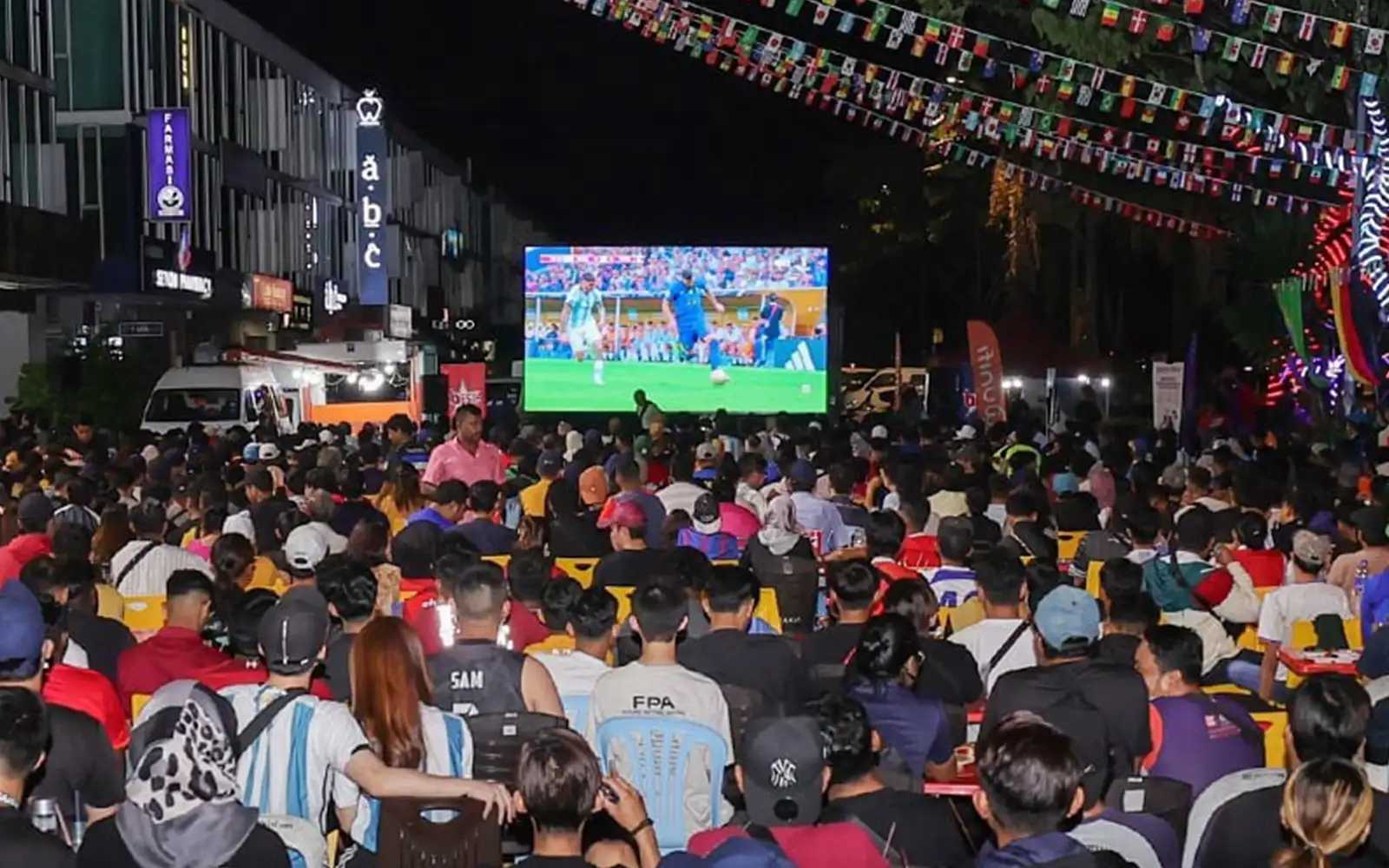
PETALING JAYA: A proposal to ban eateries from operating round the clock has drawn more objection than support from stakeholders.
As expected restaurant operators are up against such a move, citing disruptions to the supply chain and denying consumers freedom of choice among factors for their opposition.
Only the think tank Galen Centre for Health and Social Policy acknowledges that a ban can reduce the availability of high-calorie food. Even then, it does not agree that this will improve the health index.
The Consumers Association of Penang (CAP) had recently proposed that the government ban all eateries from operating all night.
According to a Malaysiakini report, CAP president Mohideen Abdul Kader said imposing a limit to late-night eating will improve health.
The obesity rate among adults in Malaysia is now among the highest in Southeast Asia.
According to the World Health Organization, being overweight and obese stem from an imbalance in diet and physical activity, influenced by various factors such as the environment, genetics and certain medical conditions or medications.
Malaysian Indian Muslim Restaurant Owners Association (Presma) president Jawahar Ali Taib Khan said such eateries are a convenience for night-shift workers while the availability of a diverse range of dishes at all hours is a tourist draw.
“Those who work at night have only these 24-hour outlets to rely on for their meals,” he told FMT.
Jawahar also expressed fears that the resulting disruptions to restaurant operations will have a negative impact on small and medium enterprises that supply seafood, vegetables, grocery and meat to them.
For Malaysian Indian Restaurant Owners Association (Primas) president J Suresh, such a move is “absurd”.
“Obesity stems from multiple factors beyond food consumption,” he pointed out.
Suresh told FMT reducing operating hours of eateries will infringe on the rights of consumers to determine their own dietary habits.
“Malaysians and tourists alike should be free to decide when they want to eat. Reducing the operating hours of eateries will also cause a lot of difficulty for many consumers,” he added.
Former deputy health minister Dr Lee Boon Chye agrees that consumers should have the right to the lifestyle of their choice.
“Eateries should be allowed to operate around the clock since there is a high demand for them,” he told FMT.
Lee said education is the way to tackle obesity. As such, he added, the government should integrate the subject of healthy living into the education system and carry out awareness campaigns at the same time.
“Rather than use the law, we should teach people how to live a healthy life. We can get them to reduce late-night meals rather than ban 24-hour eateries,” he said.
“Such a measure will affect the livelihood of many restaurant operators,” he added.
Galen Centre CEO Azrul Mohd Khalib said reducing the operating hours of eateries will prompt people to dine earlier in the day.
“However, this not a solution (to the obesity problem),” he told FMT.
He pointed out that other factors, such as the consumption of high-calorie food late at night and a sedentary lifestyle also contribute significantly to the prevalence of excess body weight and obesity in Malaysia.
According to the National Health and Morbidity Survey 2019, 30.4% of Malaysians were overweight, while 19.7% were obese.
The survey also showed that 25% of adults in Malaysia lead a sedentary or inactive lifestyle.
Azrul said adopting healthy lifestyle habits, such as participating in sports and outdoor activities, is essential to combat rising obesity rates.
However he said arguments supporting 24-hour eateries that revolve around tourism and the needs of night-shift workers need serious consideration.
“Late-night eateries are not the norm in Japan, Australia and Europe but millions of tourists still visit these countries,” he said.
Azrul added that employers should also consider providing food that is low in fats and sugars for their employees who work late into the night. - FMT


No comments:
Post a Comment
Note: Only a member of this blog may post a comment.